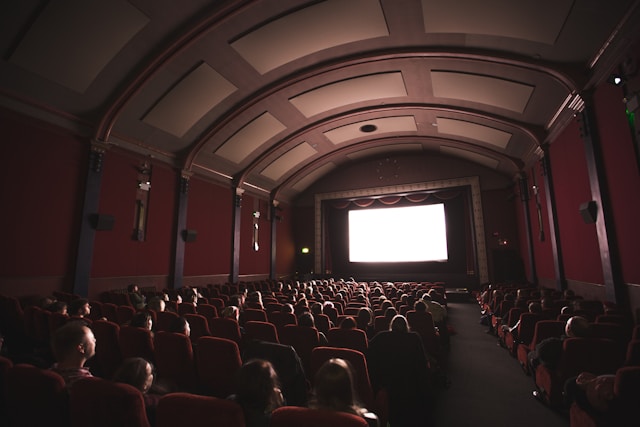In film and television, actors prepare for roles in different ways. Some use method acting. Others follow classical training. Both styles have been around for many years. But which one helps you act better on screen? The answer depends on your role, the director, and how you like to work.
Let’s look at both styles, how they are different, and where they work best.
What Is Method Acting?
Method acting is when an actor tries to become the character. You use your own memories and feelings to feel like the person in the story. This idea became popular in the 1950s. Actors like Marlon Brando and Al Pacino used it in many famous movies.
In method acting, you may stay “in character” even when the camera is not rolling. This means you talk, move, and think like your character all day. Some people find this helpful. It can make your acting feel real. But it can also be tiring.
Not every actor enjoys this method. It works best if the role needs deep emotion or a hard personal story.
What Is Classical Training?
Classical training is a more traditional way to learn acting. It often includes voice work, body movement, and reading scripts. Actors who train this way often study in drama schools or theater programs.
This style comes from theater. You learn to project your voice and show emotion with movement. It helps you work with all kinds of stories, not just emotional ones.
Many actors with classical training move between stage and film. They know how to control their tools: voice, face, and body. This helps on screen too, even if you speak in a quiet scene.
The Main Difference Between the Two
The biggest difference is the focus. Method acting focuses on how you feel. Classical training focuses on how you act.
With method acting, you might try to feel sad by thinking of a real sad memory. With classical training, you show sadness by changing your body language, your tone, and your timing.
Neither way is wrong. But they are different. Some directors like one style more than the other. You may be asked to change your approach depending on the film.
Which Works Better for Movies?
Movies often need close-ups. A small look or pause can say a lot. Method actors may be more natural in these moments because they really feel the emotion.
But classical actors are trained to show feelings clearly too. They use timing and voice to match the scene. If the role is not too emotional, classical skills may be more helpful.
For action, comedy, or big scenes with many people, classical training can help you stay clear and consistent. For quiet scenes, or when you play a person with deep pain, method acting might give you an edge.
So it depends on the type of film and role.
Mixing Both Styles
Many actors today use both. They might prepare like a method actor, but perform like a classical actor. You can use your own feelings to get ready, then use your trained voice and body to act on camera.
This mix can work well. It gives you more tools. Some famous actors say they never use just one method. They learn different ways and choose the best one for each role.
If you’re starting out, it may help you to study both. That way, you can decide what feels right for you.
What Directors Want
Directors care about the result. They want a strong performance. Some prefer method actors who bring emotion to the screen. Others like trained actors who take notes and adjust quickly.
If you work on a big movie set, time is important. Classical actors may fit better because they can hit their marks fast. If the film is more personal or artistic, method actors may give the film more depth.
Understanding your director’s style helps you work better with them.
Famous Method Actors
Some well-known actors are known for using method acting. Daniel Day-Lewis stayed in character during entire shoots. Joaquin Phoenix did the same for some roles. They won awards and gave strong performances.
But this style is not easy. It can be hard on your mental health. You need breaks and support. You also need to know how to come out of character when the job is done.
It’s not for everyone, but it works well for emotional roles.
Famous Classically Trained Actors
Actors like Ian McKellen, Patrick Stewart, and Cate Blanchett have classical training. They often act in both film and theater. They know how to use their voice and body with skill.
Their training helps them stay calm under pressure. It also helps them play many kinds of characters, from kings and queens to teachers and parents.
Classical training can give you range. You may not always cry on screen, but you will know how to act clearly in every role.
What Works Best for You?
If you want to act in films, both styles can help. Some actors start with theater training. Others take method acting classes. Some do both.
Think about what kind of roles you like. Try both styles in small projects. See how they feel. Over time, you’ll build your own method that works for you.
Also remember, no one will ask if you are a method or classical actor. They will only care about how real you look on screen.
Final Thought
In the end, the choice is yours. Method acting gives you emotion. Classical training gives you control. You can learn from both.
Even in fields like UK casinos not on GamStop, where actors may promote gaming content through character roles or livestreams, using the right acting approach can help keep things real and effective.
If you’re planning to grow in acting, don’t limit yourself. Try what works. Change when needed. The best actors keep learning, always.
